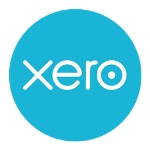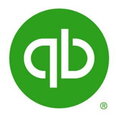Canadian Tax Guide to ECommerce
As an eCommerce business owner, it’s important to have a solid understanding of the tax requirements that apply to your business. Depending on the type of eCommerce business you operate, there may be different tax implications. For example, if you sell digital products online, you may be required to charge GST/HST on those products.
There are a few different tax implications to consider when operating an eCommerce business in Canada.
First, you’ll need to determine whether or not you need to charge GST/HST on your products. If you do, you’ll need to register for a GST/HST account and charge the appropriate tax on your products. You may also be required to collect and remit provincial sales tax (PST) on your products, depending on the province in which you operate.
Second, you’ll need to consider how you’ll handle taxation on shipping and handling charges. If you charge GST/HST on shipping and handling, you must include those charges in the price of your product.
Third, you’ll need to decide how you’ll handle taxes on returns and refunds. If you offer a refund or exchange on a product, you’ll need to refund the tax paid on that product as well.
Lastly, you’ll need to make sure that you file your GST/HST return and remit any taxes owed to the government on a timely basis. Failure to do so can result in penalties and interest charges.
Understanding the tax implications of your eCommerce business is vital to ensure that you are in compliance with the law. If you have any questions about your eCommerce business and taxes, be sure to consult with a professional at BBS Accounting CPA. We can help you navigate the tax requirements of your eCommerce business and ensure that you are in compliance with the law.








